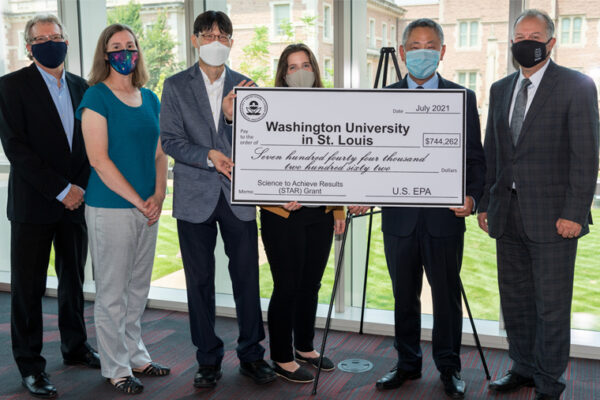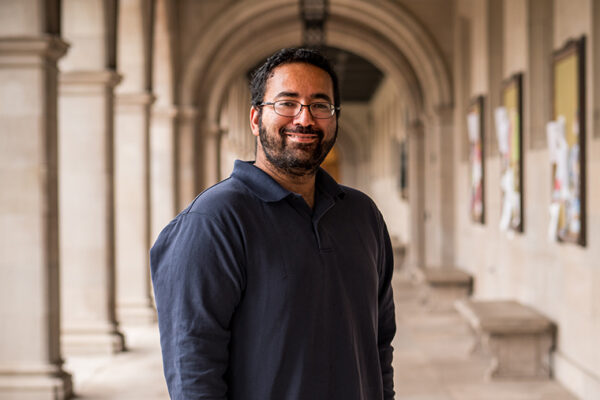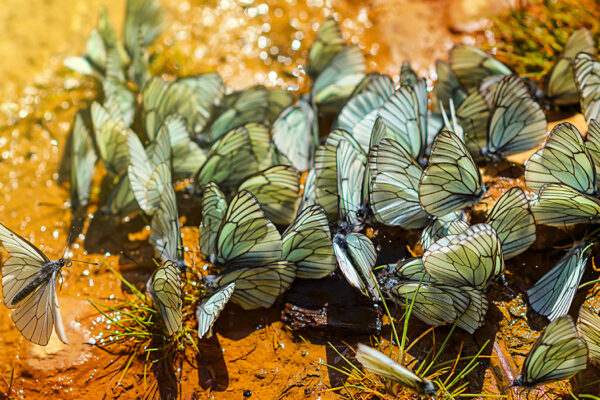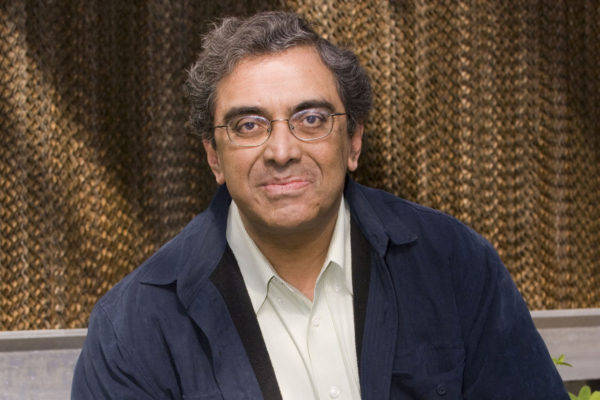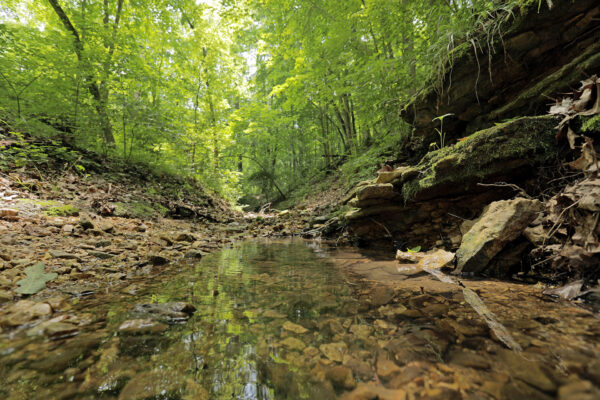EPA funds Moon’s biotech, containment research
The EPA visited Washington University to award $744,262 to Tae Seok Moon, associate professor at the McKelvey School of Engineering, for cutting-edge biotechnology research.
Cannabis use disorder: another COVID risk factor
Findings from the Department of Psychological & Brain Sciences in Arts & Sciences and the School of Medicine suggest cannabis use disorder should be added to the list of COVID-19 risk factors.
Physicist Mukherji awarded $1.97 million to study cellular design
Understanding how a cell commits resources to building new parts — and eventually divides into two cells — is the focus of a new grant for Shankar Mukherji, assistant professor of physics in Arts & Sciences. The research is funded by the National Institutes of Health (NIH).
Variations in sodium channel molecular composition may drive drug efficacy
Washington University’s Jonathan Silva and Jeanne Nerbonne led a team that found that two drugs sometimes prescribed to treat arrhythmias affect heart atria and ventricles differently depending on the molecular composition of the sodium channels expressed.
Postdoc wins training grant
Joe Rowles, a postdoctoral research associate working with Gary Patti in chemistry in Arts & Sciences, won a Molecular Oncology Training Grant to support his participation in the Siteman Cancer Center’s Cancer Biology Pathway Program.
A brief history of the cabbage butterfly’s evolving tastes
Biologists in Arts & Sciences used statistical methods to trace the path of Pieridae family butterflies as they diversified and their plant hosts fought back, over and over again. The study also finds that butterflies often regain hosts they haven’t used for millions of years.
Pakrasi to work on positive farming effort
Himadri Pakrasi, the George William and Irene Koechig Freiberg Professor in biology in Arts & Sciences, received a $75,000 grant from the U.S. Department of Agriculture’s National Institute of Food and Agriculture (NIFA) to support greenhouse gas reduction initiatives.
Scialog awards $50,000 grant to Kamilov to merge imaging technologies
Scialog: Advancing BioImaging has awarded Ulugbek Kamilov $50,000 for research into the merging of two imaging technologies.
In search of refuge
Researchers look at whether Ozark oases at Tyson Research Center — climate change refugia — could help species persist in spite of rising temperatures.
17-year study of children associates poverty with smaller, slower-growing subcortical regions
Research from the lab of Deanna Barch shows a lasting relationship between childhood poverty, brain development.
Older Stories
